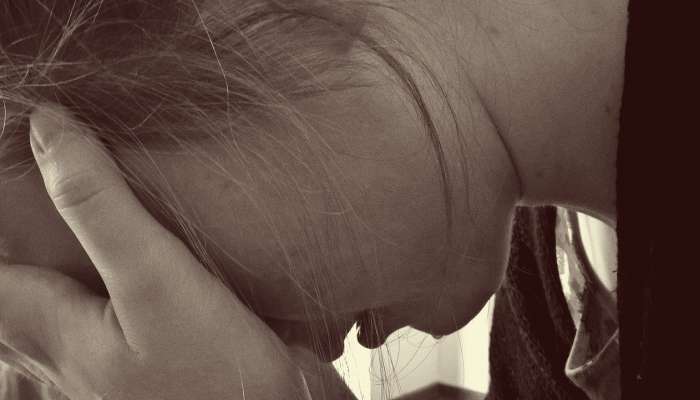
Muscat: Women are more vulnerable to anxiety and depression due to the COVID-19 pandemic, according to the preliminary results of a study at Sultan Qaboos University.
This study was part of the winning studies of Sultan Qaboos University conducted with the support of the Research Programme on Coronavirus (COVID-19) at the Scientific Research Council. ary results of the study headed by Dr Hamad bin Nasser Al Sinawi, Senior Consultant in Behavioural Medicine at Sultan Qaboos University Hospital, showed that 30 per cent of the total participants suffer from symptoms of either anxiety or depression.
It also revealed that people who were suffering from financial stress, mental illness before the pandemic, and those who used narcotics are more likely to suffer from anxiety and depression during the pandemic.
Dr Hamed Al Sinawi said, “The study of ‘Anxiety and Depression Rates and the Effectiveness of Electronic Psychotherapy During the COVID-19 Pandemic’ aimed to verify the prevalence of symptoms of anxiety and depression, and to identify the groups most likely to be affected by them within a sample of citizens and residents in the Sultanate and to evaluate the effectiveness of electronic psychotherapy in reducing these symptoms.”
He explained, “The study was conducted in two phases, and in the first stage, controlled psychological measures were sent to assess symptoms of anxiety and depression via e-mail and social media. 1,538 people participated in the study, 75 per cent of them were women. In the second phase of the study, people with symptoms of anxiety and depression were divided into two groups, with an average of 30 participants per group.”
“The first group got psychological treatment provided by a psychologist through an electronic platform in the form of weekly sessions for six weeks, while the second group got psychological self-exercises that were emailed weekly for six weeks. After the study period ended, the researchers re-assessed the presence of symptoms of anxiety and depression to verify the effectiveness of both psychotherapy and psychological exercises in reducing symptoms,” he said.
Al Sinawi hopes that “the results of the study will inform psychological health officials about the quality and effectiveness of electronic psychotherapy to alleviate the psychological repercussions of current and future epidemics.”